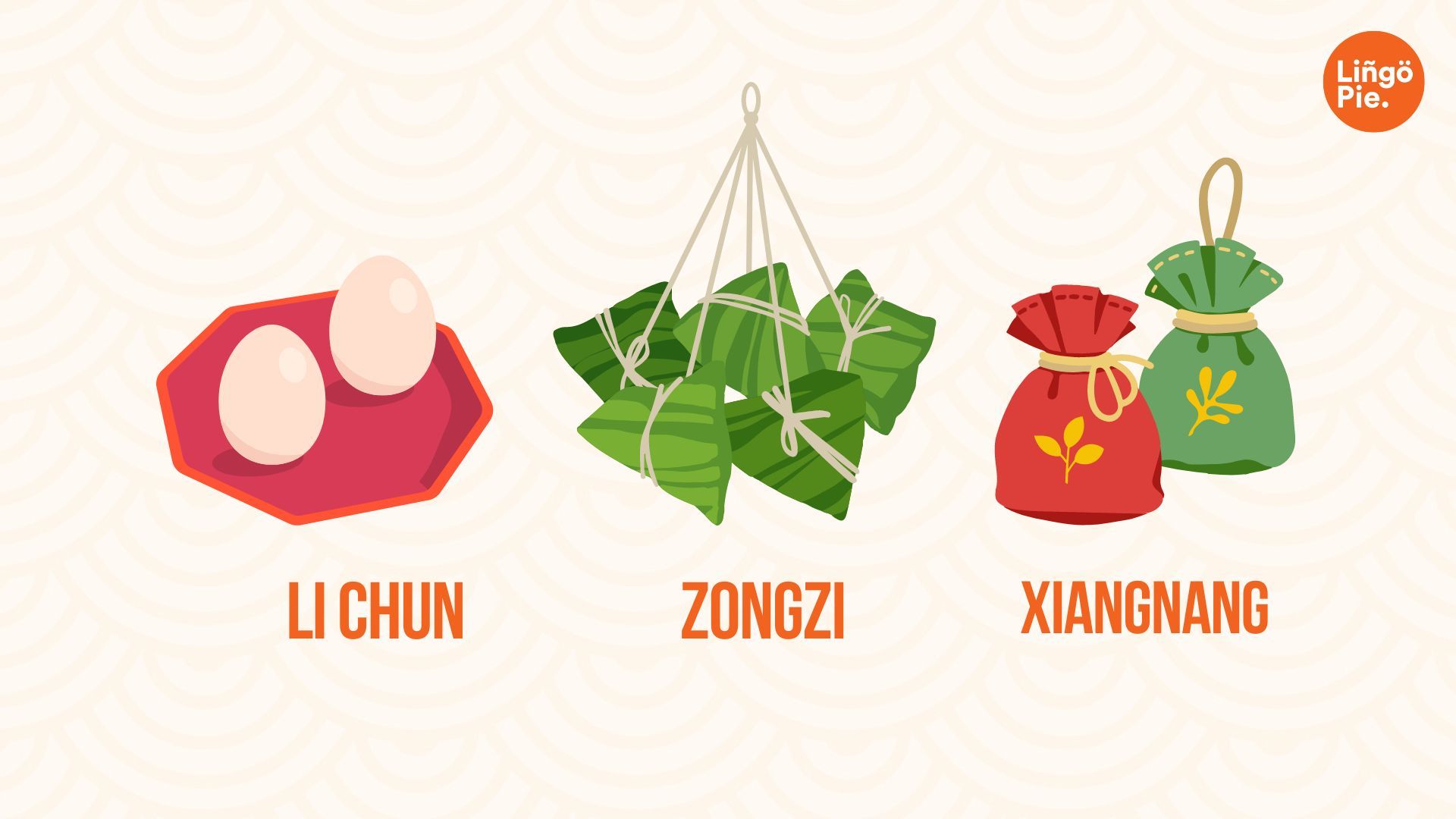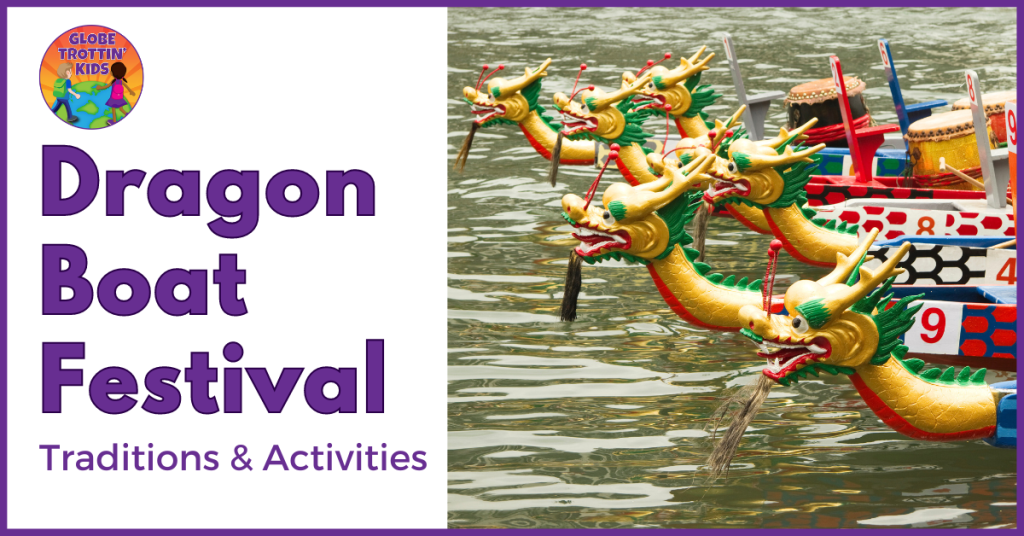Welcome to an exploration of the rich traditions and cultural delights of the upcoming Duanwu Festival 2025! This ancient Chinese festival, also known as the Dragon Boat Festival, holds a special place in the hearts of millions worldwide. As we prepare to celebrate this annual event, join us on a journey through the mesmerizing stories, vibrant customs, and culinary wonders that make this festival truly unforgettable. From the exhilarating dragon boat races to the mouthwatering aroma of freshly cooked Zongzi, immerse yourself in the essence of Chinese tradition and experience the joy of this festive occasion. Let’s unravel the cultural tapestry of Duanwu Festival 2025 together!

Today is Duanwu festival, also known as Dragon Boat Festival, a festival in memory of a queer Chinese poet named Qu Yuan. This is his story. Thank @RialtoPoetry for publishing the poem. pic.twitter.com/98z2jd0u6r
— Hongwei Bao (he/him) (@PatrickBao1) June 9, 2024
Introduction to Duanwu Festival 2025
The Duanwu Festival, also known as the Dragon Boat Festival, is a traditional holiday that commemorates the life and death of the famous Chinese poet and minister Qu Yuan. Celebrated on the fifth day of the fifth month of the lunar calendar, this festival is a time for families to come together, enjoy delicious zongzi, and participate in dragon boat races.
History of Duanwu Festival
The origins of the Duanwu Festival date back over 2,000 years and are rooted in ancient Chinese folklore and customs. Qu Yuan, a beloved poet and patriotic minister, drowned himself in the Miluo River as a form of protest against corruption and injustice. Villagers raced out in their boats to save him, but they were too late. To prevent fish and evil spirits from consuming his body, they threw zongzi, a sticky rice dumpling, into the river.
Traditions and Customs
During the Duanwu Festival, people engage in various traditions such as dragon boat racing, eating zongzi, and hanging up calamus and wormwood leaves to ward off evil spirits. Families also gather to pay respects to their ancestors and enjoy festive activities that promote good health and well-being. It is a time of joy, cultural pride, and unity among communities.

History and Significance of Duanwu Festival
The Duanwu Festival, also known as the Dragon Boat Festival, is a traditional holiday originating in China. Celebrated on the fifth day of the fifth month of the lunar calendar, the festival holds significant cultural and historical importance. It commemorates the poet and minister Qu Yuan, who lived during the Warring States period. Qu Yuan drowned himself in the Miluo River as a form of protest against corruption, and locals participated in dragon boat races to search for his body and ward off evil spirits.
Evolution of Traditions
Over time, the traditions of the Duanwu Festival have evolved to include various customs such as eating sticky rice dumplings called zongzi, hanging aromatic herbs on doors, and racing dragon boats. These practices symbolize the offerings to Qu Yuan, the prevention of diseases, and the act of commemorating the poet’s sacrifice.
Modern Celebrations
In modern times, the Duanwu Festival has expanded beyond China and is celebrated worldwide, promoting cultural exchange and unity. People participate in dragon boat races, enjoy zongzi with family and friends, and engage in festive activities to honor tradition and foster community spirit.
Traditional Practices and Customs
During Duanwu Festival 2025, traditional practices and customs play a significant role in celebrating this cultural event. One of the most iconic customs is the making and eating of Zongzi, pyramid-shaped sticky rice dumplings wrapped in bamboo or reed leaves. These delicious treats are often filled with a variety of ingredients such as pork, mushrooms, and chestnuts, symbolizing unity and prosperity.
The Dragon Boat Race
One of the highlights of Duanwu Festival is the exhilarating Dragon Boat Race, where teams paddle vigorously to the beat of drums in beautifully decorated dragon boats. This age-old tradition commemorates the search for the poet Qu Yuan’s body and is believed to ward off evil spirits, ensuring good luck and fortune.
Offerings to Ancestors
Another important custom during Duanwu Festival is paying respects to ancestors by offering food and burning incense at family altars. This act of remembrance honors the past and seeks blessings for the future, fostering a strong sense of familial ties and heritage.

Delicious Zongzi: A Culinary Delight
As we approach Duanwu Festival 2025, the scent of delicious Zongzi fills the air, marking the celebration of this cultural and culinary delight. Zongzi, a traditional Chinese rice dish, is wrapped in bamboo leaves and usually stuffed with a variety of fillings such as pork, mushrooms, or sweet beans. Its unique triangular shape and flavorful taste make it a must-have treat during this festive occasion.
The Tradition of Zongzi Making
Zongzi making is a cherished tradition during the Duanwu Festival. Families gather to prepare these intricately wrapped rice parcels, passing down recipes and techniques through generations. The process involves carefully assembling the ingredients inside the bamboo leaves before boiling or steaming the Zongzi to perfection, resulting in a delectable treat.
Zongzi Fillings and Varieties
Zongzi comes in a variety of flavors and fillings, catering to different taste preferences. Some popular fillings include savory options like minced pork with chestnuts or sweet fillings like red bean paste. Each region in China may have its own unique twist on the traditional Zongzi recipe, adding to the diversity and richness of this culinary delight.
Activities and Events during Duanwu Festival 2025
The Duanwu Festival is celebrated with various activities and events that showcase the rich cultural heritage of this festival. In 2025, the festivities are expected to be grand, with a mix of traditional and modern events.
Dragon Boat Racing
One of the most popular traditions during the Duanwu Festival is the dragon boat racing. Teams compete in colorfully decorated boats, paddling furiously to the beat of drums. It is a thrilling event that attracts both participants and spectators.
Zongzi Making Workshops
Attendees can participate in zongzi making workshops to learn how to prepare the delicious sticky rice dumplings filled with various ingredients. It’s a hands-on experience that allows people to connect with the culinary traditions of the festival.
These workshops are not only educational but also offer a fun and interactive way to celebrate the festival.
Cultural Performances
Throughout the Duanwu Festival celebrations in 2025, there will be cultural performances showcasing traditional music, dance, and art forms. These performances highlight the essence of the festival and keep the ancient traditions alive.
Celebrating Duanwu Festival Around the World
The Duanwu Festival is celebrated with zeal and enthusiasm around the world, commemorating the life and death of poet Qu Yuan in China. In 2025, the festivities are expected to be grander than ever, with global communities participating in the traditional customs and delicacies associated with the festival.
Global Duanwu Celebrations
People of Chinese descent worldwide mark the occasion with dragon boat races, zongzi making, and paying respects to Qu Yuan’s legacy. In cities like New York, Sydney, and London, vibrant parades and cultural performances take place to honor the festival.
Community gatherings bring together diverse individuals, fostering cultural exchange and harmony, showcasing the richness of Chinese heritage on a global stage.
Zongzi – The Festive Treat
Zongzi, pyramid-shaped glutinous rice parcels filled with savory or sweet ingredients, are a staple during Duanwu. In 2025, innovative zongzi flavors may emerge, blending traditional recipes with modern twists to cater to evolving tastes.
From classic pork-filled zongzi to trendy matcha-infused varieties, the culinary landscape of the festival continues to evolve, appealing to a wider audience.
Frequently Asked Questions
- What is the significance of Duanwu Festival?
- Duanwu Festival, also known as the Dragon Boat Festival, is a traditional holiday in China that commemorates the life and death of the famous poet and minister Qu Yuan of the ancient state of Chu.
- When is Duanwu Festival celebrated?
- Duanwu Festival is celebrated on the fifth day of the fifth month of the lunar calendar, typically falling in late May to mid-June.
- What are some traditional customs associated with Duanwu Festival?
- Some traditional customs of Duanwu Festival include dragon boat racing, eating zongzi (glutinous rice dumplings), wearing perfume pouches, and hanging up moxa leaves and calamus as a form of protection.
- What is zongzi?
- Zongzi is a traditional Chinese food made of glutinous rice stuffed with different fillings such as meat, bean paste, or nuts, wrapped in bamboo leaves, and then steamed or boiled.
- How are dragon boat races connected to Duanwu Festival?
- Dragon boat races are held during Duanwu Festival in honor of Qu Yuan’s spirit. It is believed that the races help to prevent bad luck and bring prosperity to the community.
- How can one participate in Duanwu Festival celebrations?
- One can participate in Duanwu Festival celebrations by watching dragon boat races, eating zongzi, wearing traditional clothing, making perfume pouches, and engaging in other festive activities organized in the community.
Celebrate Duanwu Festival 2025: Embrace Tradition and Delight in Zongzi
As we gear up to immerse ourselves in the rich tapestry of the Duanwu Festival 2025, it’s clear that this time-honored celebration is not just about dragon boat races and savory zongzi. It is a meaningful nod to our cultural roots, a time to honor legends, and a chance to connect with loved ones over delectable treats. From the vibrant traditions to the tantalizing flavors, this festival offers a unique blend of history, community spirit, and culinary delights. So, as we eagerly anticipate the festivities, let us remember to cherish this opportunity to partake in centuries-old customs and savor the true essence of the Duanwu Festival.